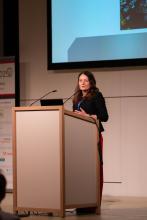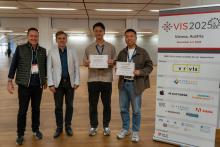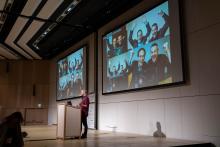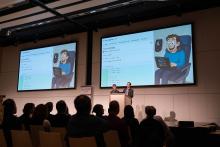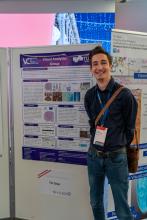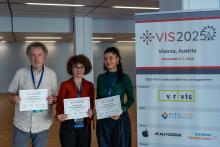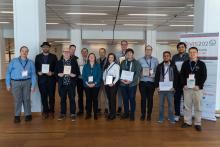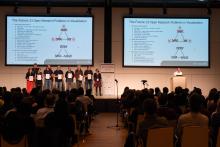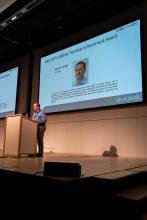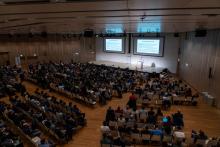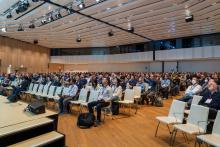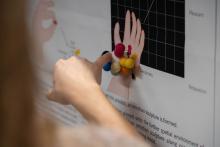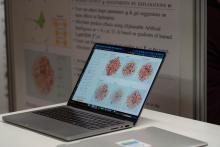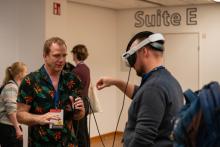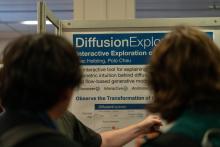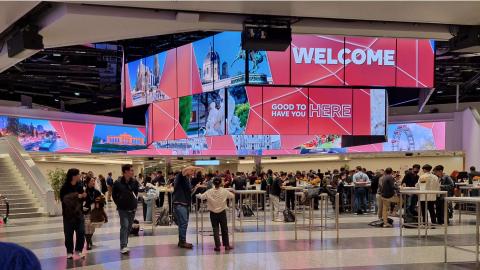The IEEE VIS 2025 conference, held from 2–7 November at the Austria Center Vienna, brought together more than 1100 international researchers and practitioners for the world’s leading forum on visualization and visual analytics. This edition marked the first time the conference took place in Vienna, further establishing the city as an important center for visual computing research. The organising institutions included TU Wien, VRVis (Vienna Research Center for Visual Computing) and Masaryk University Brno.
The VIS 2025 General Chairs have been Johanna Schmidt (TU Wien), Eduard Gröller (TU Wien, VRVis GmbH), Barbora Kozlíková (Masaryk University),Krešimir Matković (VRVis GmbH).
The program featured an extensive range of full-paper sessions, short papers, posters, tutorials, workshops, competitions, and the annual Best Paper and Test-of-Time award ceremonies. Key thematic trends included visualization for and with AI/ML, explainability, multimodal and collaborative analytics, progressive and scalable visual analytics, immersive and web-based visualization, and accessibility-focused design. Domain-oriented tracks—such as biomedical visualization, spatial data analysis, and digital humanities—further demonstrated the breadth of the field.
Among this year’s technical recognitions, several Best Paper and Best Poster awards were presented, reflecting the breadth of high-quality contributions across the conference. Awarded works addressed topics such as tactile graphics, hierarchical glyph design, and other innovative approaches to visualization. Additional honorable mentions acknowledged advances in areas including web-based visualization performance, decision-oriented visualization design, real-time topic modeling, and multi-perspective systems modeling.
The event also recognised Prof. Eduard Gröller, who received the IEEE VGTC Visualization Lifetime Achievement Award for his long-standing and foundational contributions to the visualization community.
The conference also offered a broad selection of tutorials, covering topics such as visualization design, explainable AI, immersive web visualization, user-centered evaluation, color harmony, and progressive analytics systems. A diverse set of workshops addressed areas including AI explainability, healthcare analytics, topological data analysis, accessibility, digital humanities, remote multimodal collaboration, GenAI and agents in visualization, and human factors in immersive analytics.
The Test-of-Time Awards honored influential earlier works, such as the Voyager system for visualization recommendations, methods for dynamic network exploration, compressed floating-point representations, and contour boxplots.
Overall, IEEE VIS 2025 provided a comprehensive overview of emerging research directions and ongoing challenges in visualization. The conference strengthened international collaboration and underscored the growing importance of visualization at the intersection of AI, interaction, and data-driven decision-making.
For more information about this years event follow the link to the IEEE Vis website: https://ieeevis.org/year/2025/welcome
